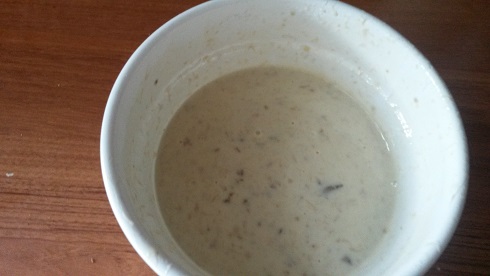Sondheim. Kander and Ebb. “Feed the Kitty.” “Deadwood.” In the last few years, to greater or lesser degrees, these things and others have been off-limits.
A song, a poem, a scene from a film triggers memories. You’re startled, moved, shaken. And you’re faced with two options: 1) engage with the work and the memories it calls up, or 2) retreat, postpone, avoid.
Option 2 is very attractive. You’re buying Tums and hand soap at the drugstore and a song comes on, a song you associate with somebody you loved — a shared reference point, an in-joke, an anthem, a confession — and suddenly you’re a mess, a wreck, useless, so you leave the store without buying anything. You’re watching a movie in a multiplex or in somebody’s living room and here comes a character that reminds you of somebody you miss — a parent, a sibling, a lover, a friend — and you excuse yourself for a while and go into another room or take a walk around the block, and when you’ve regained control, you go back. (“Hey, where were you?” “Nowhere. Just taking a break.”)
Retreat, postpone, avoid.
Omnitopia Dawn is a novel I won’t reread anytime soon, because it was the novel I’d finished and reviewed the night Sandra died. I’d left her in the hospital on that Sunday night, three years ago, in the full confidence I’d see her again on Monday, had watched some telly and written an indifferent review, then gone to bed to be woken up at 2 AM with the news she’d passed away. Just rereading that review, paging back through the blog to it, is enough to trigger that response Seitz’s talking about.
I dreamt of Sandra again last Friday night, one of those dreams that started out as something else entirely and then I dreamt I was walking through the market near the flat we first lived together and I heard my name called and turned around and there she was. I’d been worrying sometimes about forgetting what she looked like but my subconscious rememembered. The shock of it woke me up. As such it was a gentler dream than the ones I’ve sometimes had where I was aware she was dead, but it had all been a huge mistake and she was still in hospital, alone…
October and November are always bad months for me now, because this is when the reality of Sandra’s death, her absence, is the strongest. Most of the rest of the year it’s easier to avoid it, live with it, remember the good times rather than the end, but as November 7th comes around, it becomes unavoidable. It’s what I need to become used to, but never quite can and hope I never quite will, strange as it sounds.
